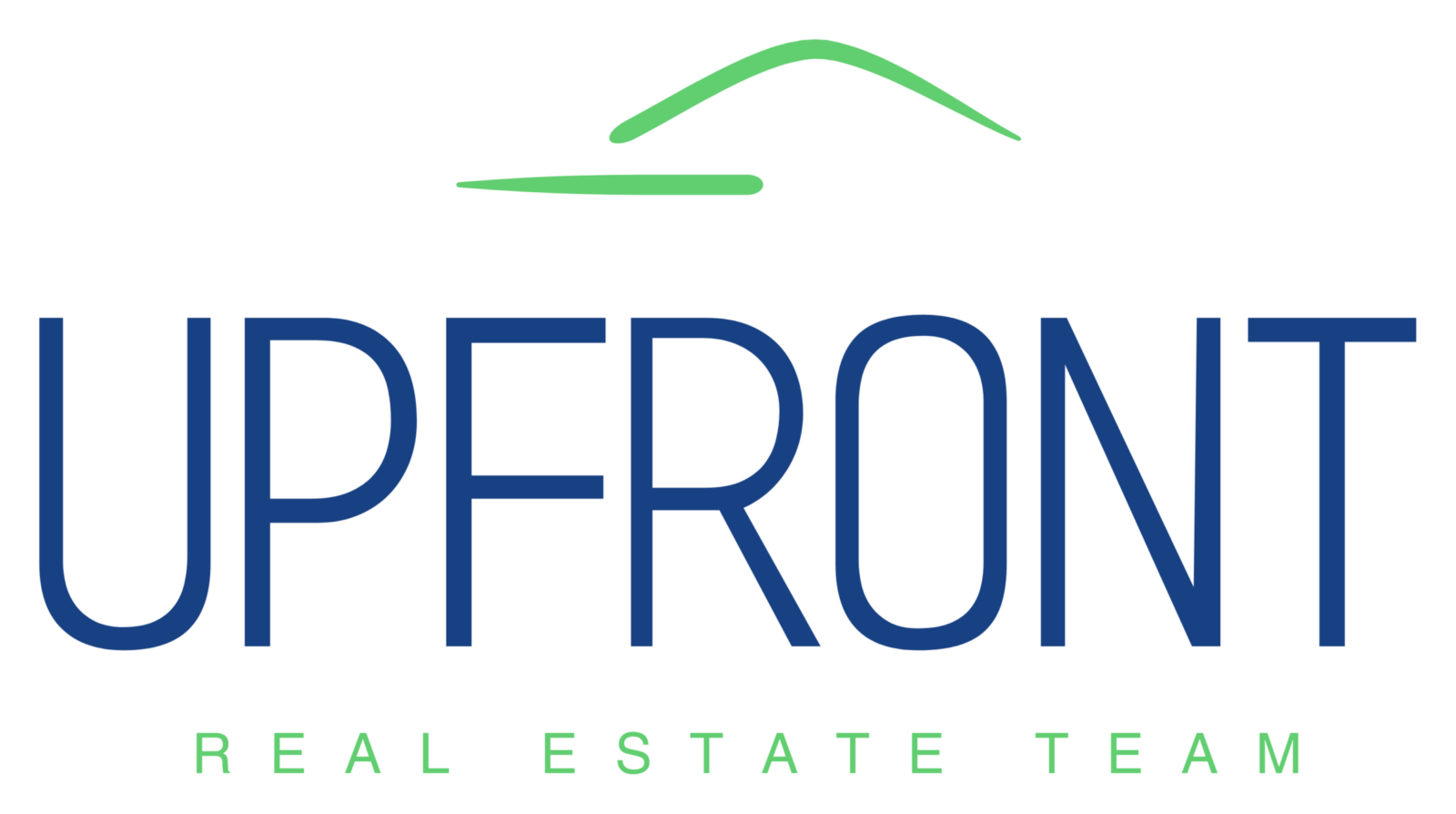
What is a Conventional Loan?
An FHA Loan?
A VA Loan?
Which is Right for You?

What is a Conventional Loan?
An FHA Loan?
A VA Loan?
Which is Right for You?
A Conventional Loan is a mortgage that is not guaranteed or insured by any government agency, including the Federal Housing Administration (FHA), and the Department of Veterans Affairs (VA). FHA Loans and VA Loans are loans made by private lenders and insured by government agencies.
Conventional Mortgages Loans are ideal for borrowers with good or excellent credit. Conventional loans down payment requirements range from 3 to 20% depending on the mortgage product. In a Conventional loan the terms and rates are typically fixed for the entire life of the loan. If the borrower is putting a down payment of less than 20%, private mortgage insurance will be required.
FHA Loans are designed for low-to-moderate income borrowers who are unable to make a large down payment and have lower credit scores. For many FHA borrowers, the minimum down payment is 3 to 3.5 percent and they can qualify for FHA loans with credit scores of 580.
Consult the FHA official webpage for more pertinent information:
https://www.fha.com/fha_loan_requirements
The VA Home Loan program is available to prior and current military service members who meet specific qualifications. In a VA Loan, no down payment is required from qualified borrowers buying primary residences. As VA Loans don’t require private mortgage insurance – in spite of the one-time funding fee – borrowers can end up with lower monthly payments.
Consult the VA official webpage for more pertinent information:
https://www.va.gov/housing-assistance/home-loans/loan-limits/
A Fixed-rate mortgage is a mortgage that has a fixed interest rate for the entire term of the loan.
The distinguishing factor of a fixed-rate mortgage is that the interest rate is known at the time the mortgage is originated.
Adjustable-Rate Mortgage (ARM) lasts for 3-5 years; But during these terms, the interest rate on the loan can go up or down which means monthly payments can increase or decrease.
A jumbo mortgage is a plus-size home loan weighing in at a dollar amount above what is called the conforming loan limits. Designed to finance luxury properties and homes in highly competitive local real estate markets.
Some sellers will want to see a pre-qualification letter within a couple of days of receiving your offer. Some sellers will require a pre-approval letter to be submitted together with the offer. From the sellers’ point of view, a pre-approved buyer is a serious buyer.
It is also to your advantage as a buyer to seek pre-qualification and pre-approval before you start to look for a home so that you’ll know in advance how much you can afford.
Getting pre-qualified is the initial step in the mortgage process. You can meet with a mortgage lender and get pre-qualified at any time.
A PRE-QUALIFICATION simply means that based on your overall financial picture you should be able to get approved for a mortgage. You will need to provide the bank or lender information on how much cash you have for a down payment towards the home purchase as well as your credit score, debt, income, and assets.
Next comes the PRE-APPROVAL. You will need to complete an official mortgage application and provide the lender detailed documentation to perform an extensive check on your financial background and current credit rating.
You can meet with a local bank, credit union, or mortgage broker. Or you can even get pre-approved online from any number of national online mortgage lenders.
The pre-approval is a conditional commitment in writing for an exact loan amount, allowing you to look for a home at or below that price level.
Based on your credit score and any credit issues in the past few years, the lender will determine your credit rating. Large debt payments (like an auto loan or big student loans) will limit the size of the mortgage approval you can get. It is a good idea if possible, to pay these loans off or, at the very least, avoid taking any new loan payments before you apply for a mortgage.
After evaluating this information, a lender can tell you the specific mortgage amount for which you are approved.
786-267-8207

The content on this page provides general consumer information. It is not legal advice or regulatory guidance.
